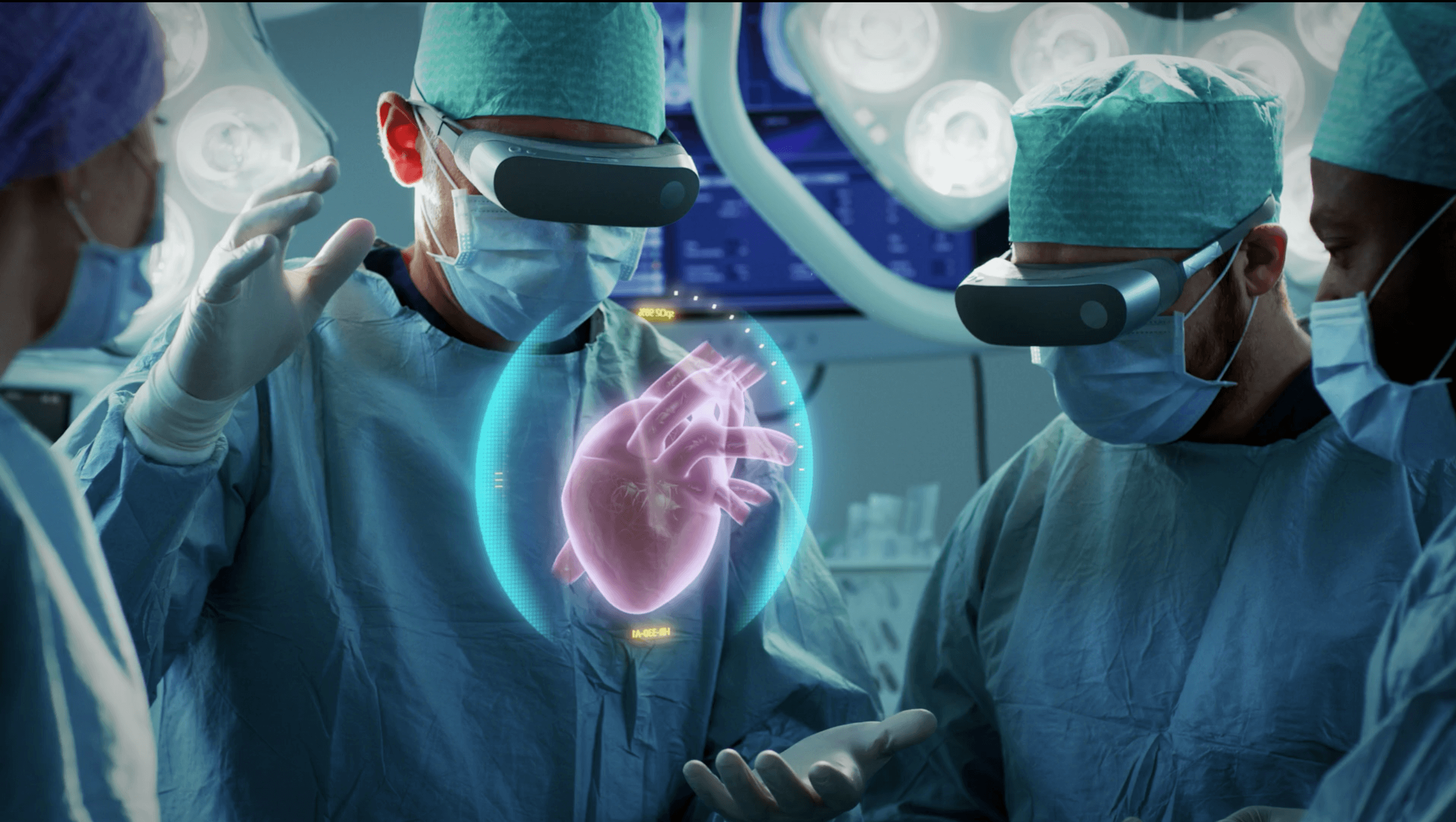5 Revolutionary Inventions Changing the Face of Medicine
Medicine is on the cusp of transformative change, driven by revolutionary inventions that promise to reshape diagnosis, treatment, and patient care in profound ways. From cutting-edge technologies to innovative approaches, these five inventions are poised to redefine the future of healthcare, offering new hope and possibilities for improved health outcomes worldwide.
Nanotechnology in Medicine: 5 Revolutionary Inventions
Nanotechnology is set to revolutionize medicine by enabling targeted drug delivery, early disease detection, and personalized therapies at the molecular level. Nanoparticles engineered to carry medications directly to diseased cells promise to minimize side effects and enhance treatment efficacy. Innovations in nanoscale imaging techniques also hold potential for early detection of diseases like cancer, providing clinicians with unprecedented insights into cellular processes.
Artificial Intelligence and Machine Learning: Smart Diagnostics
Artificial intelligence (AI) and machine learning algorithms are revolutionizing medical diagnostics by analyzing vast amounts of data to identify patterns and predict patient outcomes. AI-driven diagnostic tools can interpret medical images with accuracy surpassing human capabilities, aiding in the early detection of diseases and guiding personalized treatment plans. Machine learning models continue to evolve, offering clinicians real-time insights and decision support to optimize patient care.
CRISPR Gene Editing: Precision Medicine
CRISPR-Cas9 technology is poised to revolutionize precision medicine by enabling targeted modifications to genetic material, correcting disease-causing mutations at the root. This breakthrough holds promise for treating genetic disorders, enhancing immune therapies, and advancing personalized cancer treatments. CRISPR’s potential extends to engineering cells for regenerative medicine and creating disease-resistant crops, highlighting its broad impact across healthcare and agriculture.
3D Printing in Healthcare:
3D printing technology is transforming healthcare by enabling the fabrication of patient-specific implants, prosthetics, and surgical models. This personalized approach improves treatment outcomes by customizing medical devices to fit individual anatomies and needs. Bioprinting, an extension of 3D printing, holds potential for creating living tissues and organs for transplantation, addressing the critical shortage of donor organs and revolutionizing regenerative medicine.
Nanomites: Tiny Machines, Big Impact | Maya (mayathevoice.com)
Telemedicine and Remote Monitoring: Healthcare Anytime, Anywhere
Telemedicine and remote monitoring technologies are expanding access to healthcare services by enabling virtual consultations, remote diagnostics, and continuous patient monitoring. These innovations bridge geographical barriers, particularly in underserved areas, and empower patients to manage chronic conditions from the comfort of their homes. Telemedicine platforms integrate with wearable devices and sensors, providing real-time health data that inform proactive interventions and personalized care plans.
Future Directions: Innovations Driving Health Transformation
As these revolutionary inventions continue to evolve, the future of medicine holds limitless possibilities. Emerging technologies such as quantum computing for drug discovery, wearable biosensors for real-time health monitoring, and organ-on-a-chip models for drug testing are paving the way for groundbreaking advancements in healthcare. The convergence of interdisciplinary research and technological innovation promises to accelerate progress towards personalized medicine, disease prevention, and improved global health outcomes.
VR & AR Applications in Medical Practice
Virtual Reality (VR) and Augmented Reality (AR) are revolutionizing healthcare and medicine by offering innovative solutions across various domains, from medical education and training to patient care and treatment. VR immerses users in realistic, computer-generated environments, while AR overlays digital information onto the real world. These technologies enhance medical training by simulating surgeries and procedures in a risk-free environment, allowing healthcare professionals to practice complex techniques and refine skills. In patient care, VR therapy is used to manage pain, anxiety, and phobias through immersive experiences that distract and calm patients during treatments. AR assists surgeons by providing real-time guidance and visualizations during operations, improving precision and reducing surgical risks. Moreover, VR and AR are advancing telemedicine by enabling remote consultations and virtual collaborations among healthcare teams, ultimately enhancing accessibility and quality of care. As these technologies continue to evolve, they hold immense potential to transform healthcare delivery, improve patient outcomes, and drive innovation in medical practices globally.
Aristotle’s Biological Insights: The Father of Zoology | Maya (mayathevoice.com)
Conclusion: Embracing the Future of Healthcare
Older technologies that have significantly impacted medicine include X-ray imaging, pioneered by Wilhelm Conrad Roentgen in 1895, which remains crucial for non-invasively visualizing internal structures such as bones and soft tissues. Another pivotal invention is the electrocardiogram (ECG or EKG), developed in the early 20th century, which monitors the heart’s electrical activity over time, aiding in the diagnosis and management of cardiovascular conditions. These technologies have laid the foundation for modern diagnostic practices, contributing to improved patient care and treatment outcomes in medicine. In conclusion, the landscape of medicine is rapidly evolving with transformative inventions that are set to redefine healthcare as we know it. From nanotechnology and AI-driven diagnostics to CRISPR gene editing and 3D printing, these innovations are unlocking new avenues for precision medicine, personalized treatments, and accessible healthcare solutions. As we navigate the future, embracing these advancements with ethical consideration and patient-centered care will be essential in realizing their full potential to improve lives and shape a healthier world.





Hey there You have done a fantastic job I will certainly digg it and personally recommend to my friends Im confident theyll be benefited from this site